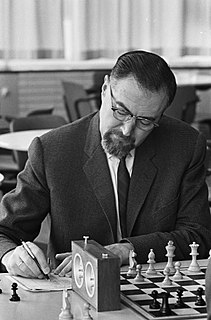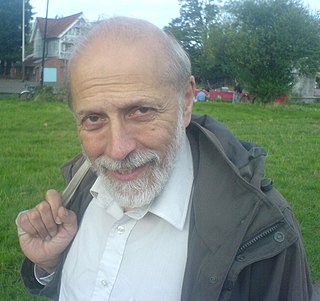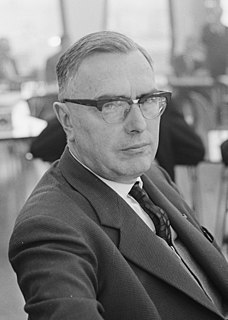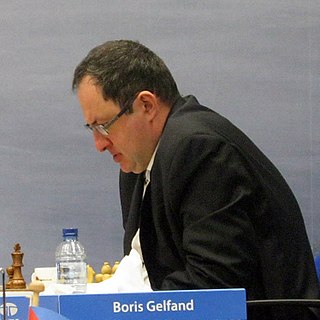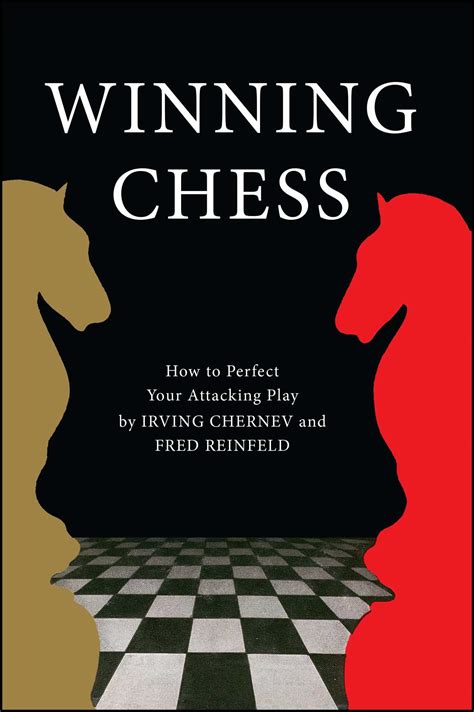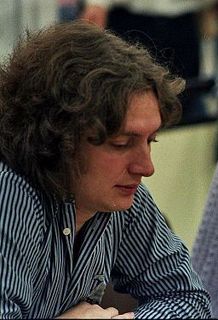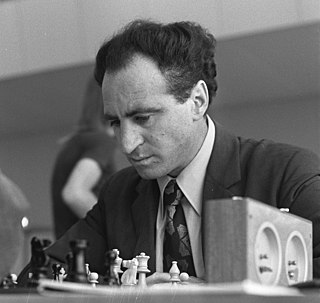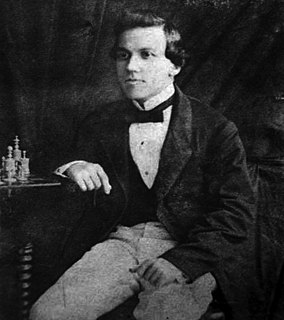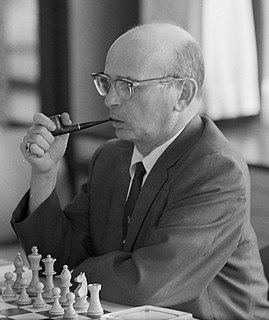A Quote by Emanuel Lasker
The fatal hour of this ancient game is approaching. In its modern form this game will soon die a drawing death - the inevitable victory of certainty and mechanization will leave its stamp on the fate of chess.
Related Quotes
Death is a vast mystery, but there are two things we can say about it: It is absolutely certain that we will die, and it is uncertain when or how we will die. The only surety we have, then, is this uncertainty about the hour of our death, which we seize on as the excuse to postpone facing death directly. We are like children who cover their eyes in a game of hide and seek and think that no one can see them.
Memento mori - remember death! These are important words. If we kept in mind that we will soon inevitably die, our lives would be completely different. If a person knows that he will die in a half hour, he certainly will not bother doing trivial, stupid, or, especially, bad things during this half hour. Perhaps you have half a century before you die-what makes this any different from a half hour?
Possibly, over the course of time, the brain capacity of homo sapiens will have made such great progress, that complications as contained in this game can be fathomed instantly with a shrug and a smile. Then, not only will the game of chess have ceased to exist, but also will the remembrance of frequently missed objectives elicit pity, as a reaction to the shortcomings of a lower organized form of life.
All experiments that are related to the games when you have humans versus machines in the games - whether it's chess or "Go" or any other game - machines will prevail not because they can solve the game. Chess is mathematically unsolvable. But at the end of the day, the machine doesn't have to solve the game. The machine has to win the game. And to win the game, it just has to make fewer mistakes than humans. Which is not that difficult since humans are humans and vulnerable, and we don't have the same steady hand as the computer.
All our knowledge merely helps us to die a more painful death than the animals that know nothing. A day will come when science will turn upon its error and no longer hesitate to shorten our woes. A day will come when it will dare and act with certainty; when life, grown wiser, will depart silently at its hour, knowing that it has reached its term.
Remember that the machine is there to help you, because at the end of the day, you're not playing freestyle chess, advanced chess, human-plus-machine. If you are playing against other humans, it's about winning the game. The machine will not be assisting you, unless you are cheating of course. And since the machine is not there, you have to make sure that everything you learn from the computer will not badly affect the way you play the real game.
The generation that I'm in is extremely talented, and those that are still in school, my peers that are my age that will be out here really soon, you guys will see, will make a pretty easy transition on the PGA Tour. I don't think they will have a problem at all. The game is getting younger, and the game is getting better.
Chess is more than a game or a mental training. It is a distinct attainment. I have always regarded the playing of chess and the accomplishment of a good game as an art, and something to be admired no less than an artist's canvas or the product of a sculptor's chisel. Chess is a mental diversion rather than a game. It is both artistic and scientific.
The trace I leave to me means at once my death, to come or already come, and the hope that it will survive me. It is not an ambition of immortality; it is fundamental. I leave here a bit of paper, I leave, I die; it is impossible to exit this structure; it is the unchanging form of my life. Every time I let something go, I live my death in writing.



